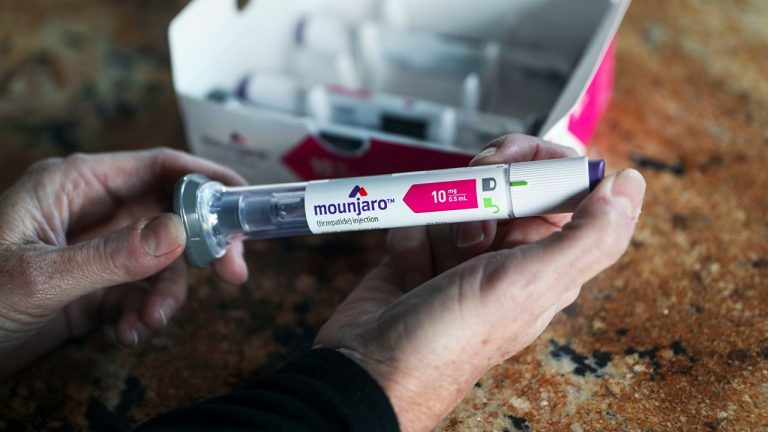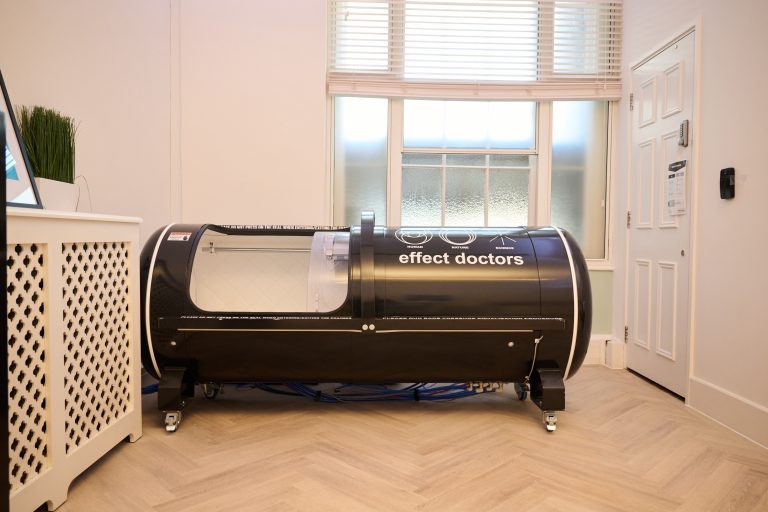Blog
Iron Deficiency and ADHD: What’s the Connection?
Emerging research suggests a link between iron deficiency and symptoms commonly associated with ADHD, such as brain fog, poor concentrati...
How Our IV Drips Help You Recover from Summer Festivals
Festival season is here. Whether you’re heading to Glastonbury, Reading, or any of London’s summer events, you’re proba...
Seven Myths about Weight Loss Drugs Mounjaro and Wegovy.
Mounjaro and Wegovy have transformed the way we approach weight loss—but these medications work best with the right support. In this ar...
Understanding Which Blood Test is Right for You
Blood tests offer a powerful window into your internal health—helping you detect issues early, understand your body better, and make in...
The Silent Fire: How Chronic Inflammation is Damaging Your Health
Maintaining muscle mass while taking Mounjaro
Dr Will Turner talks about how to maintain muscle mass while losing weight using the weight loss drug Mounjaro.
...Why “Optimum” Is Not the Same as “Normal” When Measuring Iron Levels in Women
Iron is a critical mineral for overall health, particularly for women who experience menstruation, pregnancy, or other factors that can d...
ALA (Alpha Lipoic Acid) What Is It?
The Benefits of Hyperbaric Oxygen Therapy
Unlocking the Benefits of NAD+ IV Infusions: A Game-Changer for Cellular Health
How To Keep Your Skin Healthy And Glowing In Winter
Unveiling the Benefits of CoQ10 for Enhanced Health and Vitality
Curcumin IV Supplementation: Elevating Health Naturally
Vitamin C Supplementation: Oral and IV Methods Explored
Our 5 Benefits of having NAD+ Therapy
NAD+ (the oxidised form of nicotinamide adenine dinucleotide) is one of the main puzzle pieces in the majority of our biological processe...





















